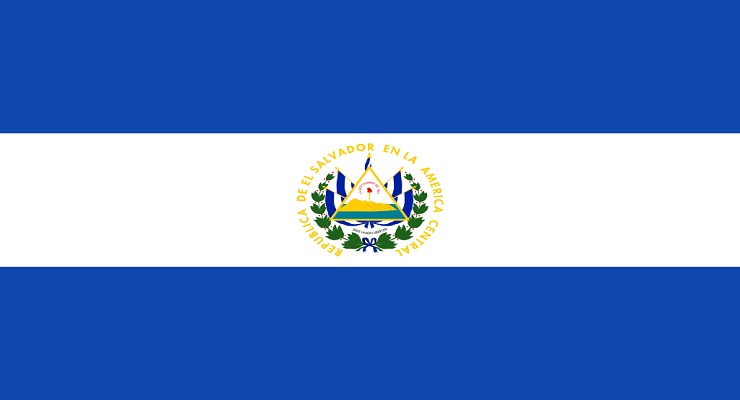
The Democracy Digest is the daily blog of the National Endowment for Democracy and receives funding from the US government. It had this really interesting article on on-going activism against corruption in Latin America.
Nayib Bukele won El Salvador’s presidency on an anti-corruption platform, excoriating the malfeasance of the two wartime parties that had governed the country since the 1980s, note Noah Bullock and Charles T. Call. Though Bukele delivered early on his promise to create an anti-corruption commission, he has since begun to act like an autocrat himself, vilifying critics in the press and human rights groups, painting the courts and legislature as enemies, and ordering the military to occupy the legislative assembly in 2020. After a fatal shooting at a recent opposition rally, he accused his opponents of staging the attack themselves, they write for Americas Quarterly:
If his extremely high approval ratings are any indication, Bukele’s tactic of wielding anti-corruption like a bludgeon against opposition parties, bolstering his popularity and undermining checks on his control over the state, seems to have worked. If his “New Ideas” party wins the legislative elections this month, as expected, he may be able to consolidate his power over all three branches of government….Bukele’s move to collaborate with the Organization of American States (OAS) to create the International Commission against Corruption and Impunity in El Salvador (CICIES) in 2019 thus seemed more like a token gesture.
The CICIES had few of the ingredients that had made its neighboring predecessor, Guatemala’s International Commission Against Impunity (CICIG), a success, they add: no mandate for independent investigation, no ability to help prosecute cases, no mandate to publicly press officials on malfeasance and virtually no collaboration with civil society. RTWT
Continue reading here. Also, visit the main Democracy Chronicles section on World Democracy or our articles on Worldwide Corruption.
Leave a Reply